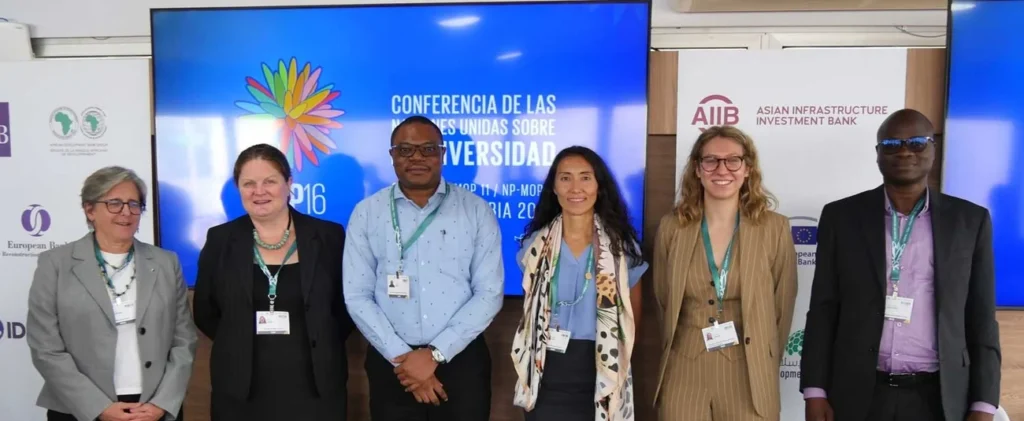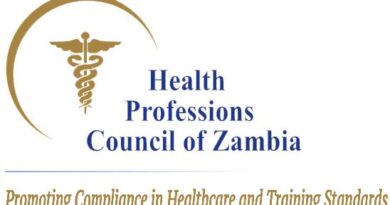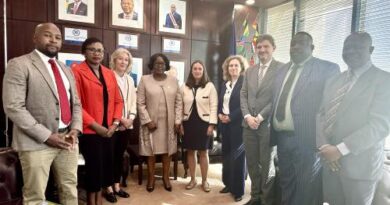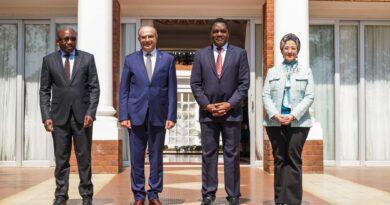African Development Bank Champions Nature-Based Solutions for Sub-Saharan Africa at COP16 Biodiversity Conference
At the COP16 Biodiversity Conference held in Cali, Colombia, the African Development Bank (AfDB) led discussions on the critical role of Nature-based Solutions (NbS) in boosting climate resilience across Sub-Saharan Africa.
The event, which brought together global experts and key stakeholders, emphasized how NbS, such as biodiversity conservation, can be a cost-effective strategy to mitigate climate risks while providing substantial co-benefits for both communities and ecosystems.
In his address, Innocent Onah, Chief Natural Resources Officer at AfDB, underscored the transformative potential of NbS for enhancing infrastructure performance, promoting low-carbon economic growth, and fostering sustainable development. He highlighted that NbS could play a pivotal role in adapting communities to climate risks across the region.
Al-Hamndou Dorsouma, Manager of AfDB’s Climate Change and Green Growth Department, pointed out the significant funding gaps that hinder NbS adoption, noting that Sub-Saharan Africa currently receives only a fraction of the $190 billion annually needed for adaptation by 2030. Dorsouma stressed the importance of strategic partnerships to unlock Africa’s natural resources sustainably for economic transformation.
The conference also featured insights from Crystal Davis, Global Director of the Food, Land & Water Program at the World Resources Institute, who shared findings from a decade-long review of nearly 300 NbS projects in Sub-Saharan Africa. Davis highlighted the region’s growing expertise in implementing successful NbS, with the need for faster and broader adoption of these solutions.
Ongoing initiatives to promote NbS adoption were showcased, including AfDB’s comprehensive analysis of NbS for climate resilience, identifying green-gray, green, and small-scale projects. Challenges such as limited understanding, lack of investment-ready projects, and regulatory barriers were discussed, with participants exploring ways to accelerate investment and integrate NbS into broader climate resilience strategies.
Caroline Vexler, Principal at the European Bank for Reconstruction and Development (EBRD), shared an optimistic outlook, referencing an audience poll where 86% of respondents expressed confidence that their organizations would increase NbS investments in the near future. EBRD is already working on its first NbS transaction and is eager to expand its initiatives with clients.
The event concluded with a unified call for greater collaboration between governments, the private sector, and development partners to strengthen Africa’s position in the global NbS market, leveraging its rich biodiversity for sustainable development.
Picture: L-R: Kate Newman, Vice President, Sustainable Infrastructure and Public Sector Initiatives at the World Wildlife Fund; Eileen Burke, Lead Water Resources Management Specialist, World Bank; Innocent Onah, Chief Natural Resources Officer, African Development Bank; Crystal Davis, Global Director of the Food, Land & Water Program at the World Resources Institute; Caroline Vexler, Principal, Nature Finance and Policy, European Bank for Reconstruction and Development; and Al-Hamndou Dorsouma, Division Manager, Climate Change & Green Growth Department, African Development Bank.



